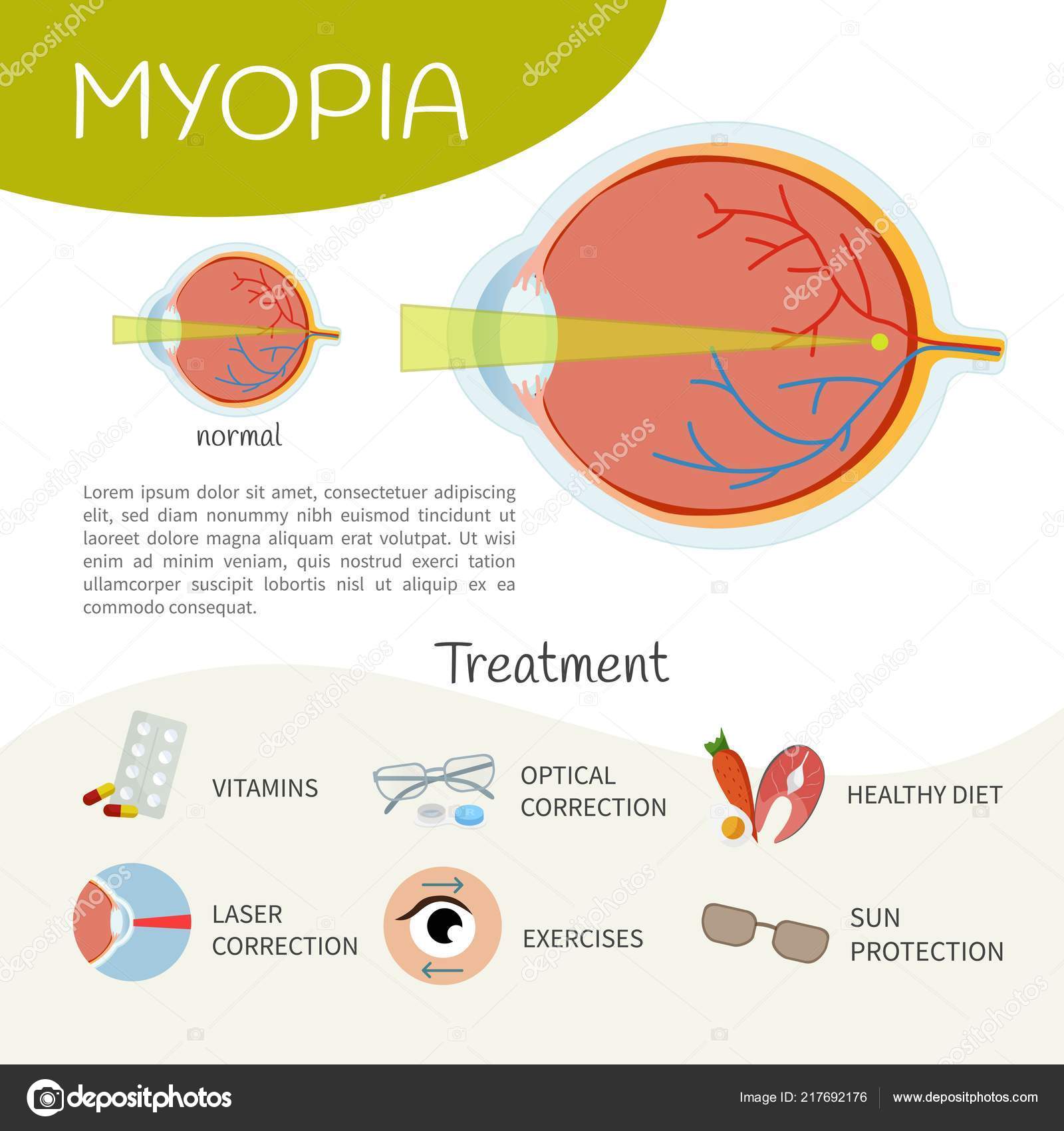Wish To Find Out More Regarding Refractive Lens Exchange? Uncover Essential Understandings And Feedbacks That Might Alter The Course Of Your Vision Trip
Wish To Find Out More Regarding Refractive Lens Exchange? Uncover Essential Understandings And Feedbacks That Might Alter The Course Of Your Vision Trip
Blog Article
Created By-Miller Byers
If you're taking into consideration refractive lens exchange, you most likely have a lot of questions. This procedure could transform just how you see the globe, providing advantages like reduced dependence on glasses. However, it's essential to recognize the process, threats, and who qualifies as a good candidate. Allow' Mesa Trusted Vision Care out these essential elements so you can make an educated decision about whether RLE is right for you.
What Is Refractive Lens Exchange and How Does It Function?
Refractive lens exchange (RLE) is a surgical procedure made to replace your eye's natural lens with a fabricated one, correcting vision problems like nearsightedness, farsightedness, or presbyopia.
Throughout the procedure, your surgeon makes a small cut in the eye, removes your all-natural lens, and inserts an intraocular lens (IOL) tailored to your vision requires. This outpatient surgery commonly takes around 15 to thirty minutes per eye and is done under local anesthesia.
You'll likely notice improvements in your vision nearly quickly, though total healing might take a few weeks. RLE is particularly advantageous for those over 40 or with high prescriptions, offering a lasting remedy contrasted to glasses or get in touch with lenses.
Your eye care specialist can help establish if RLE is right for you.
What Are the Advantages and Threats of Refractive Lens Exchange?
Picking refractive lens exchange can result in significant improvements in your vision, yet it's important to weigh both the advantages and threats prior to choosing.
On https://notes.io/wJC3y , this treatment can improve your sight by fixing issues like presbyopia, nearsightedness, and hyperopia. Lots of individuals appreciate lowered reliance on glasses or contact lenses, which can substantially enhance their lifestyle.
Nevertheless, it's essential to think about possible risks. Problems can consist of infection, glare, or halos around lights.
There's also a possibility of overcorrection or undercorrection, which might need additional treatments.
Who Is an Ideal Candidate for Refractive Lens Exchange?
If you're thinking about refractive lens exchange, it is necessary to know whether you fit the account of an excellent candidate. Generally, you might be an excellent prospect if you're over 40, experience presbyopia, or have high levels of nearsightedness or farsightedness.
It's additionally important that your vision is steady, implying your prescription hasn't changed significantly in the past year. If you have cataracts or various other eye problems, you may take advantage of this procedure also.
Nevertheless, certain variables, like uncontrolled diabetic issues or autoimmune conditions, could disqualify you. To determine your candidacy, consult with an eye care professional that can evaluate your certain scenario and advise the best strategy customized to your needs.
Final thought
To conclude, refractive lens exchange can be a transformative option for improving your vision, especially if you more than 40 or have a high prescription. While the benefits are considerable, it's critical to weigh the dangers and consult with your eye care professional to determine if you're an excellent candidate. With https://www.dovepress.com/topography-guided-trans-epithelial-no-touch-photorefractive-keratectom-peer-reviewed-fulltext-article-TCRM and guidance, you can make a notified decision and possibly delight in a life with lowered dependancy on glasses.
